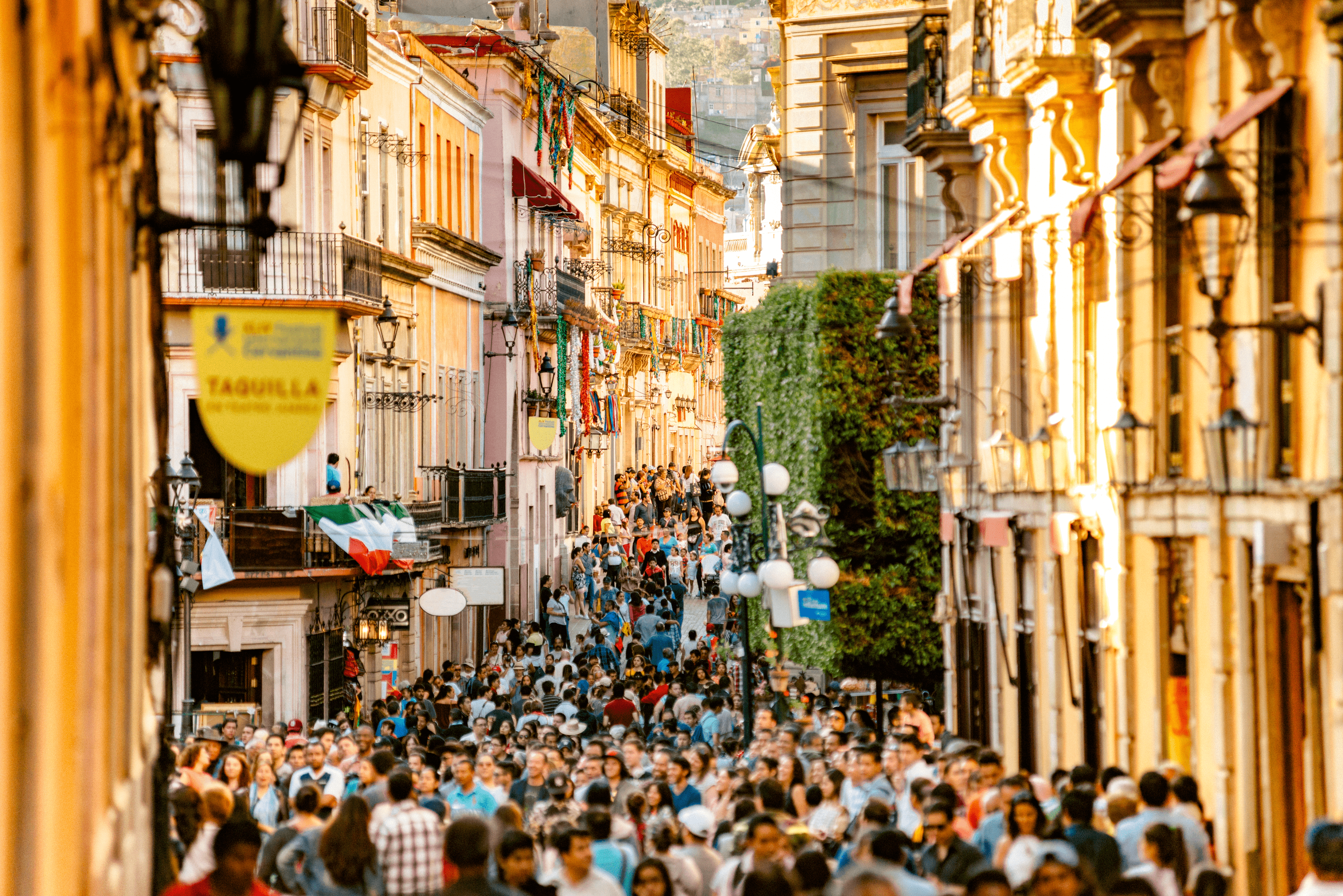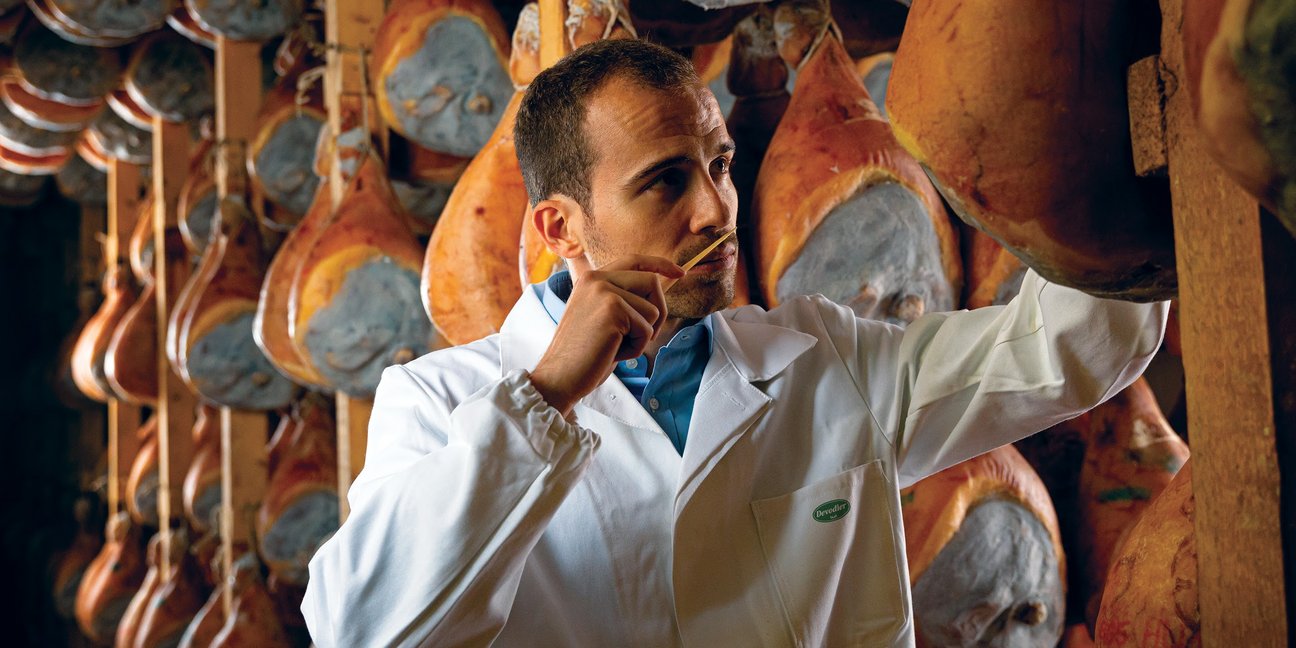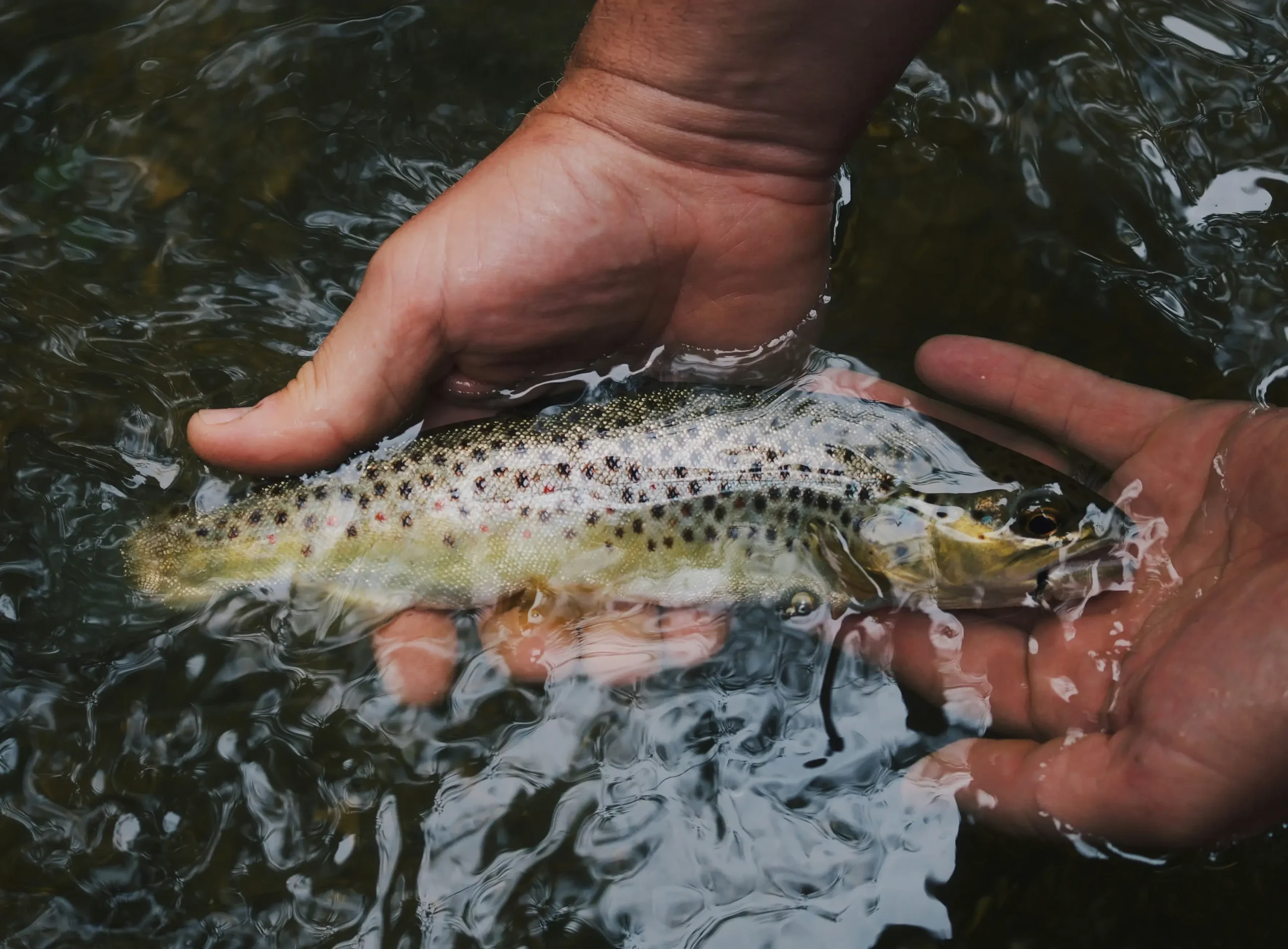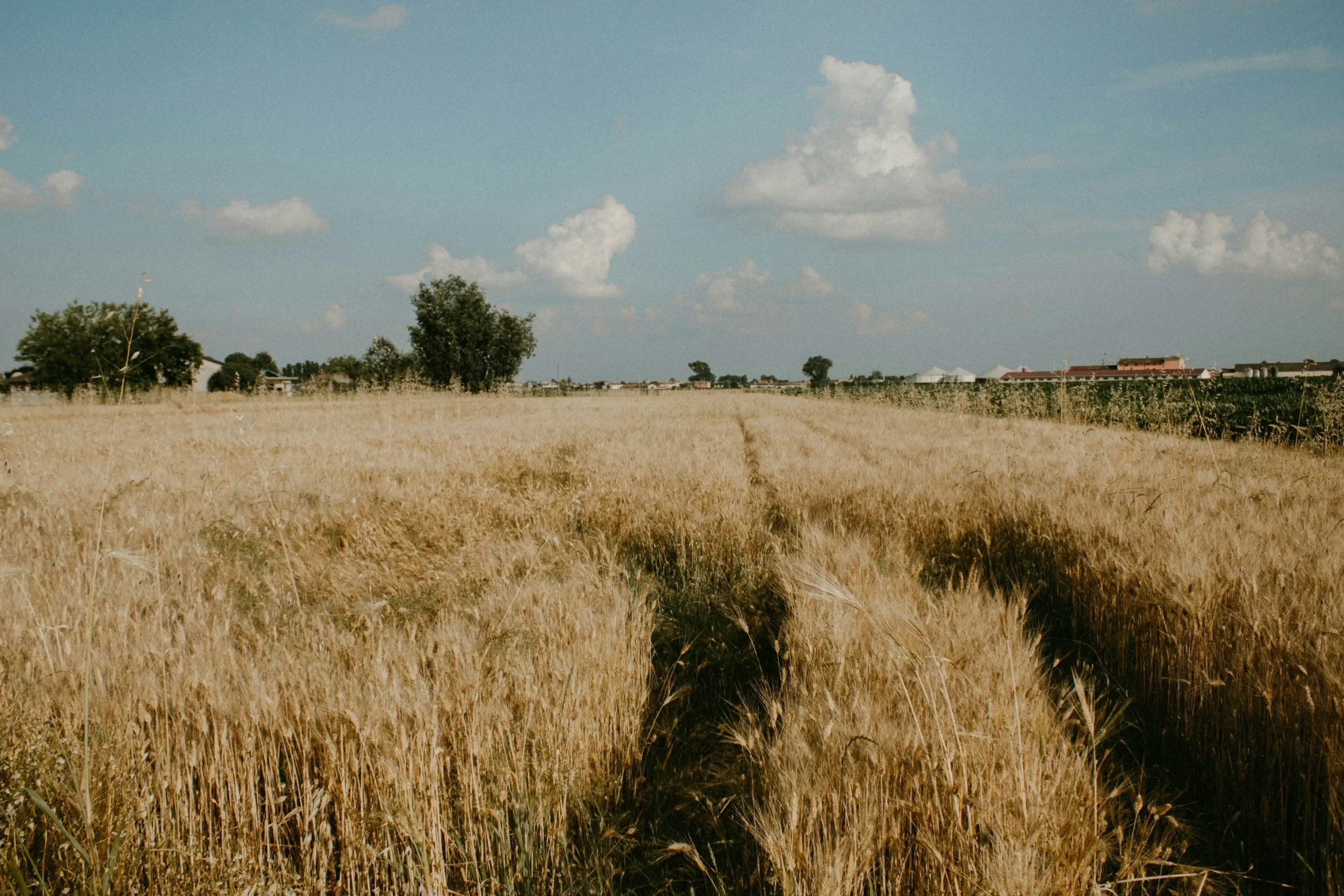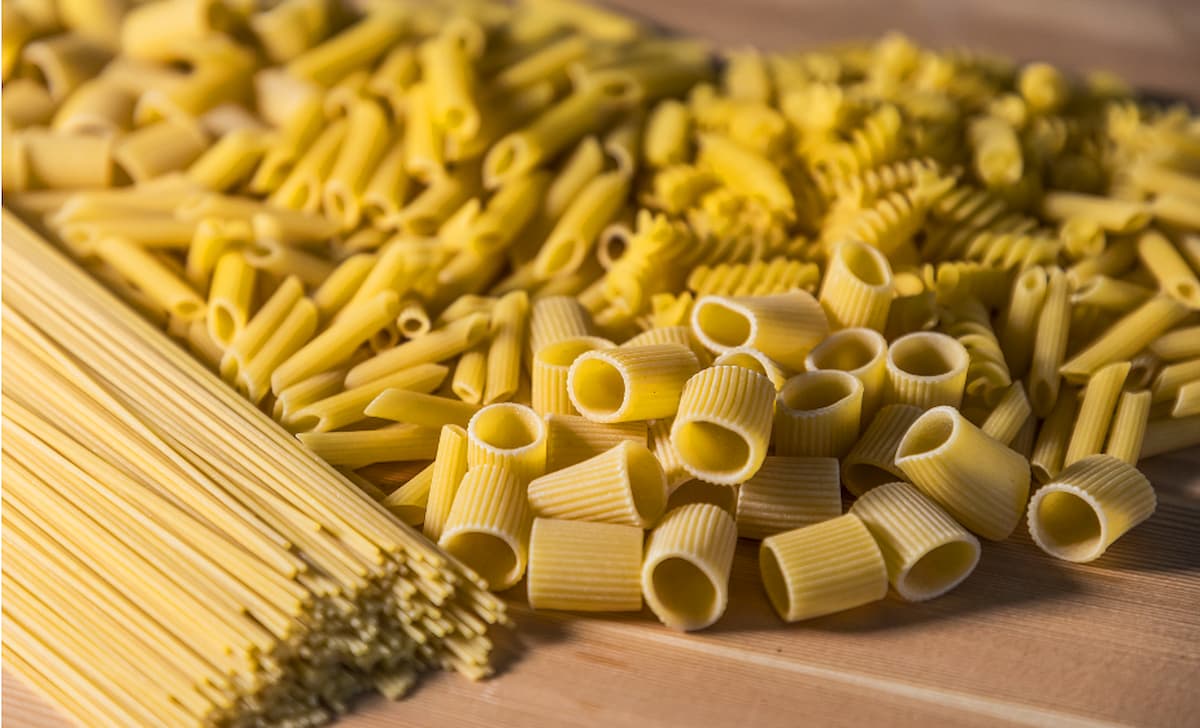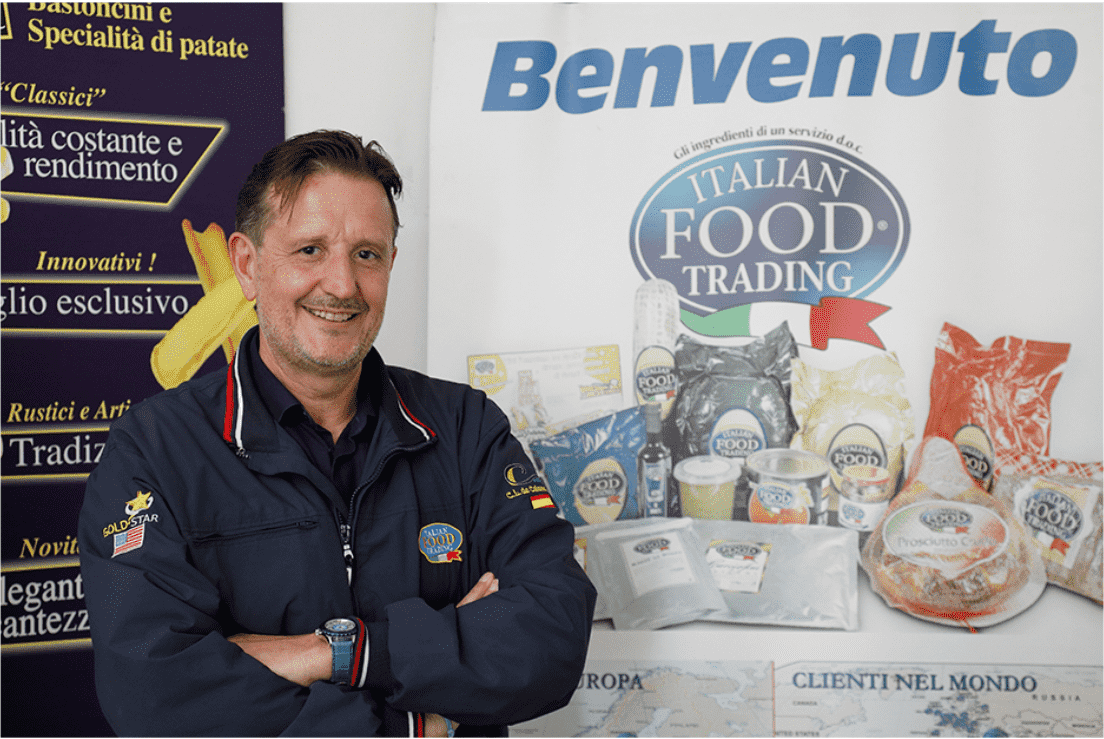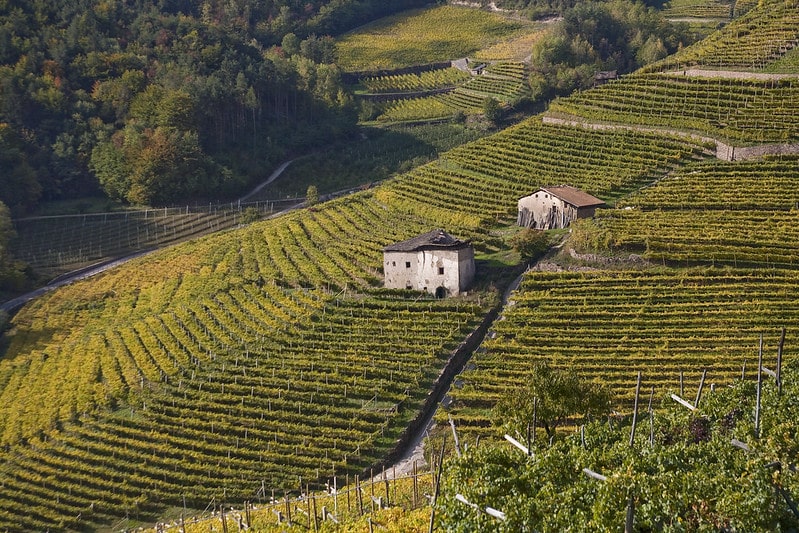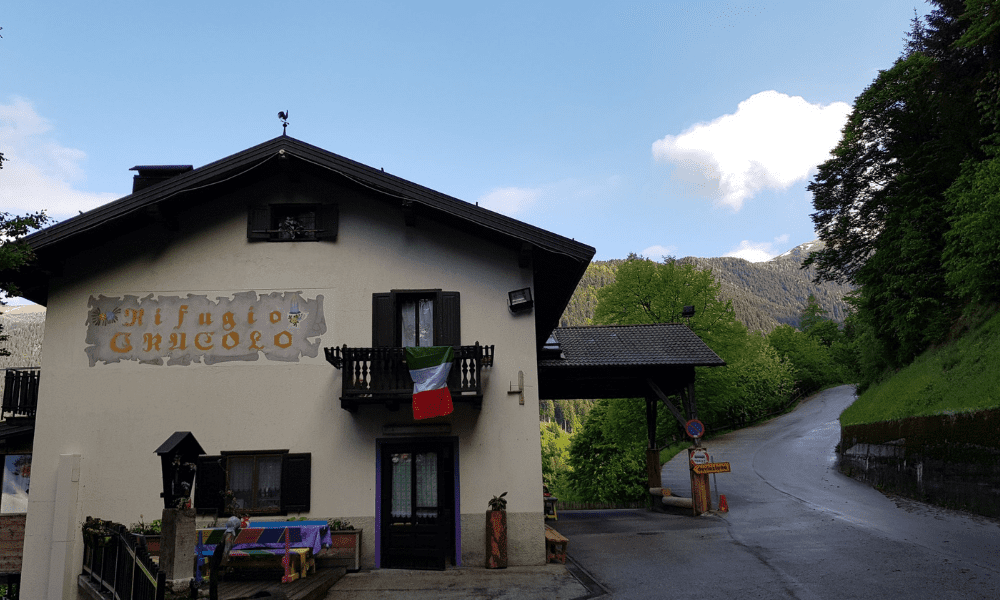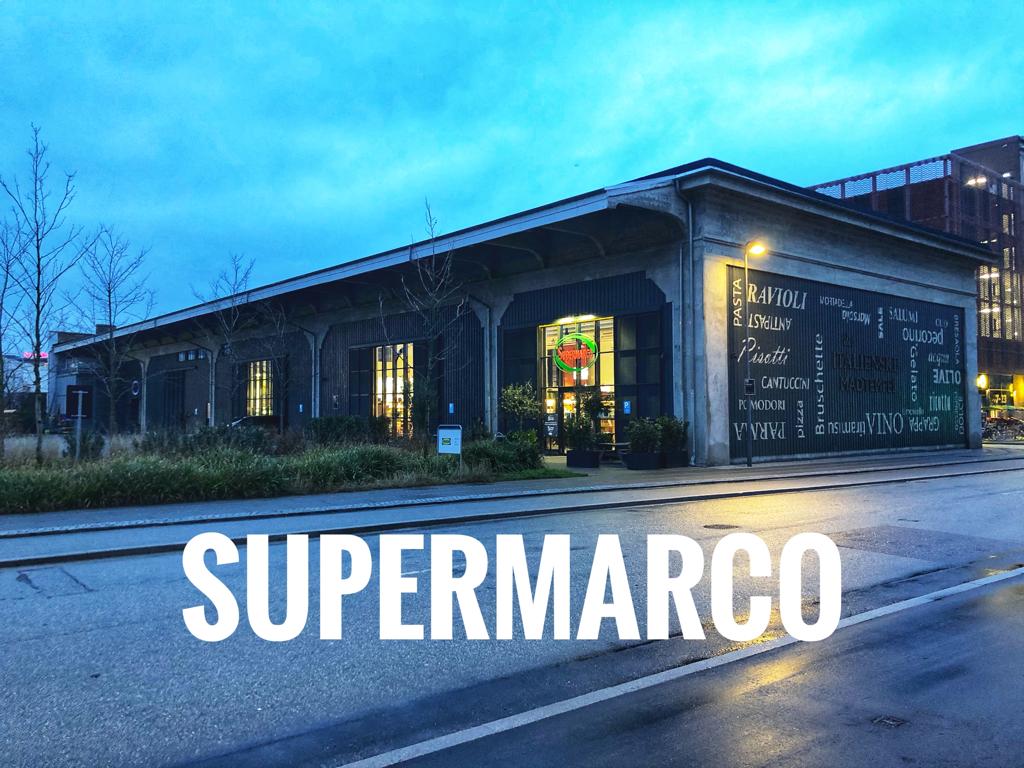
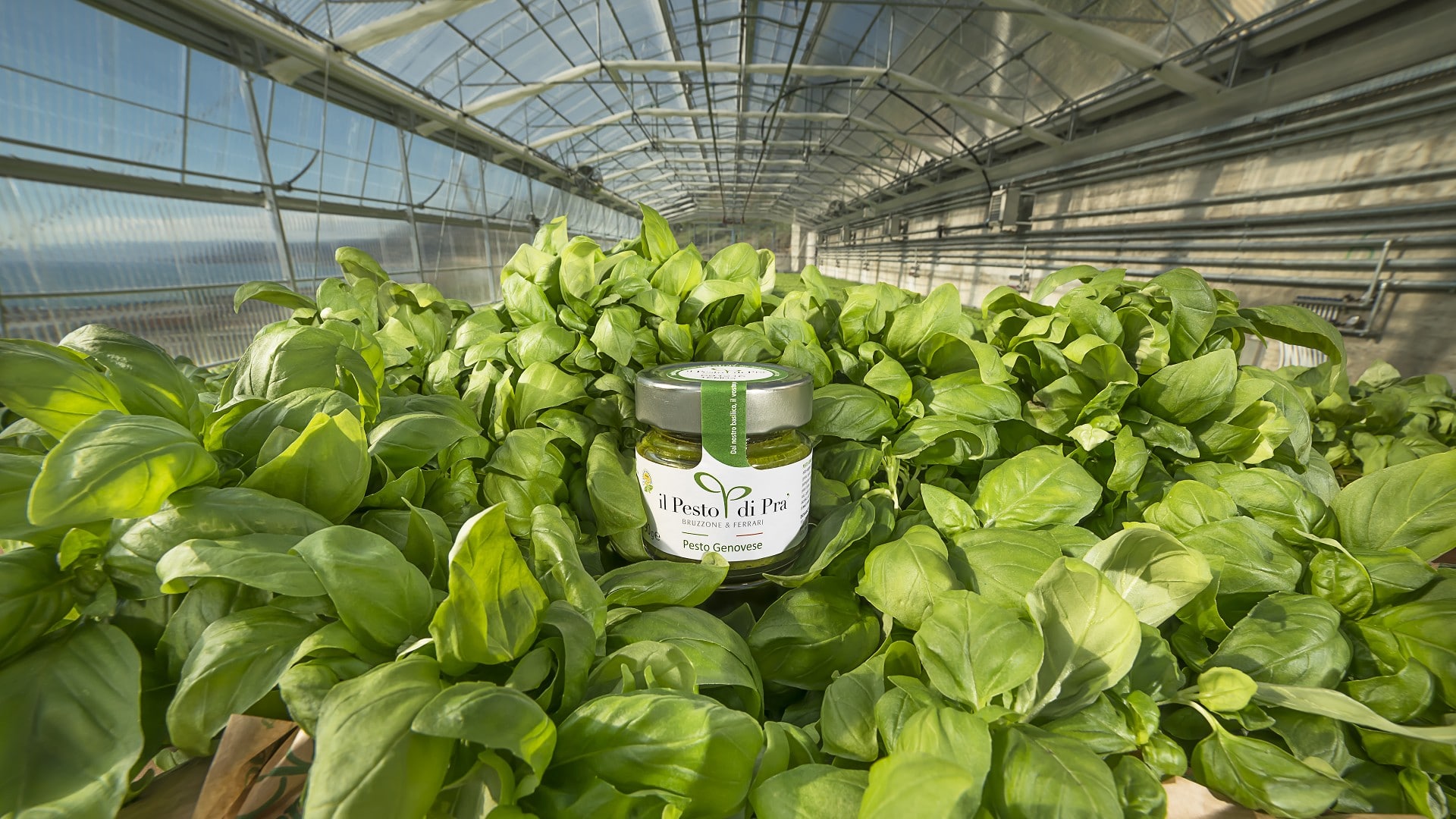
Il Pesto di Pra’ stands as a shining example of Italian gastronomic excellence. Born on the hills of Pra’, a few steps away from the Ligurian Sea, it is the culmination of centuries-old tradition combined with innovation and sustainability. Today, this extraordinary product tells the story of Liguria and forges a connection with Trentino, showcasing how Italian culinary traditions can bridge regions and cultures.
Genoese Basil DOP, officially earning its DOP status in 2005, is Il Pesto di Pra’s beating heart. The Bruzzone and Ferrari family, with nearly two centuries and five generations of dedication, cultivates this basil using techniques that harmoniously blend tradition and innovation. From carefully selected seeds to artisanal production methods, every step of the process adheres to strict standards that enhance the unique qualities of Pra’s “Green Gold.”
Pra’, a land of farmers and fishermen, has long been renowned for its terraced hills. Here, a unique microclimate created by the interplay of sun, sea, and mountain breezes nurtures basil with unparalleled aroma and flavor.
Since 2003, under the leadership of Stefano Bruzzone and Alessandro Ferrari, the company has expanded from cultivating basil to producing Il Pesto di Pra’ following the traditional Genoese recipe. Approximately 600 kg of fresh pesto is crafted daily using only the finest ingredients. As Stefano Bruzzone shared in his interview with the Swedish magazine GodaItalien – a long time partner of Dolomita and its founder Davide Pedrolli – the recipe is built around just seven ingredients: Genoese Basil DOP, Trentingrana, extra virgin olive oil, Italian pine nuts, garlic, Pecorino Romano and salt.
One of the unique features of Il Pesto di Pra’ is its choice of Trentingrana over Parmigiano Reggiano. This cheese, made from milk free of lysozyme – a preservative derived from eggs – ensures a more natural product while catering to those with intolerances. This collaboration between Liguria and Trentino represents innovation and a statement of how Italian regional excellence can come together to create superior products.
Trentino, renowned for its focus on sustainability and high-quality mountain products, shares Liguria’s passion for environmentally conscious artisanal production. This partnership illustrates how two distinct regions can find a shared language through culinary art.
Sustainability is a cornerstone of Il Pesto di Pra’ production. The company employs greenhouses powered by renewable energy and low-consumption irrigation systems, minimizing its environmental footprint. Constant monitoring of cultivation parameters ensures the highest quality basil without resorting to invasive pesticides.
This commitment extends to creating variants like Pesto without Garlic, catering to specific dietary needs without compromising the authentic flavor. Thanks to this vision, Il Pesto di Pra’ has received several international awards, including the Superior Taste Award and the prestigious Crystal Taste Award in 2022 – awarded to producers who maintain exceptional product quality over multiple years.
Il Pesto di Pra’ is far more than just a pasta sauce. Increasingly, chefs and food lovers use it to elevate dishes featuring meat, fish, and vegetables. Its uniqueness makes it a superb choice for traditional Ligurian recipes and modern creations that embrace culinary influences from other Italian regions.
Dolomita, a proud ambassador of Dolomiti and Italian excellence, collaborates with Il Pesto di Pra’ to bring this Ligurian treasure to tables worldwide. Through DOP promotion events and acting as a trustworthy source for the best Italian food producers, Dolomita celebrates the union of diverse culinary cultures, proving that Italy is a mosaic of traditions enriched by mutual exchange.
Il Pesto di Pra’ is a stellar example of Italian gastronomic excellence, telling stories of heritage, innovation, and sustainability. Thanks to the collaboration between Liguria and Trentino, this product embodies the best of Italian cuisine, offering authentic flavors and a tangible commitment to sustainable practices.

